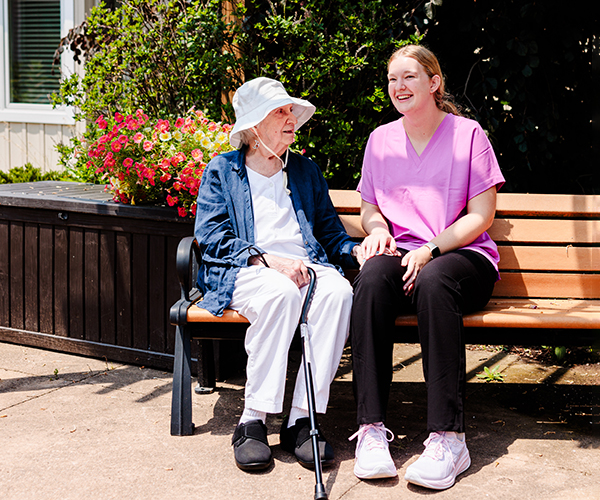Finding ways to manage your stress level is crucial to maintaining your physical and mental health. Dr. Jeffrey Turell, director and founder of Strive Mental Health and Wellness, says stress can arise from the simplest of challenges or unexpected life circumstances. “People often procrastinate and avoid addressing the initial cause of their stress,” says Turell. “By taking control and creating a plan with concrete, actionable steps, you can resolve your stress and reach your goal.” Here are five coping mechanisms to help alleviate your stress.
Sleep Schedule
Getting adequate sleep for 8-9 hours each night is a cornerstone of good mental and physical health and an important tool in handling stress. “Not getting enough sleep is in itself a stress to the body,” says Turell. “When your body has had enough sleep and you are well rested, you are better able to think clearly and take a practical approach to problem-solving.”
Work Out
If you’re in a pinch and need to burn off some steam, turning to physical activity is a surefire way of dealing with immediate stressors. A quick workout can increase self-confidence and improve your mood and overall sense of well-being. “If you are stressed, physical exercise can provide instant relief by clearing your mind and helping you think more creatively,” says Turell. “You will also feel good about doing something positive for your body.”
Baby Steps
Meditation can be helpful in reducing and managing stress while providing a long list of long-term benefits. Relaxation, peace of mind, awareness, clarity and confidence can all result from meditation, but note: those are not the overarching goal of the mental health practice. “The goal of meditation is to quiet and clear your mind of any thoughts, not to resolve your situation,” says Turell. “Upon completion, you will be in a more relaxed frame of mind to better handle your situation.”
Group Work
Sometimes stress can lead to periods of isolation in which our natural response is to shut down. It’s good to fight against that instinct by socializing with others so you can direct your energy outward instead of inward. Being social with others will help put things in perspective. “Interacting with other people is good for your mind and your body and makes you feel like you are not alone,” he says. “When you spend time interacting with others, you develop bonds of friendship and common shared experiences.”
Nature's Release
A quick escape to the great outdoors has positive benefits for anyone needing to clear their head. Turell suggests taking a walk around the neighborhood or venturing to a park for a brief respite. “There is almost nothing more relaxing than hearing the flow of a river, the crash of a waterfall, or the crunch of leaves underneath your feet,” he says. “It can create a general sense of relaxation that opens your mind to creative solutions and makes your situation seem more manageable.”




